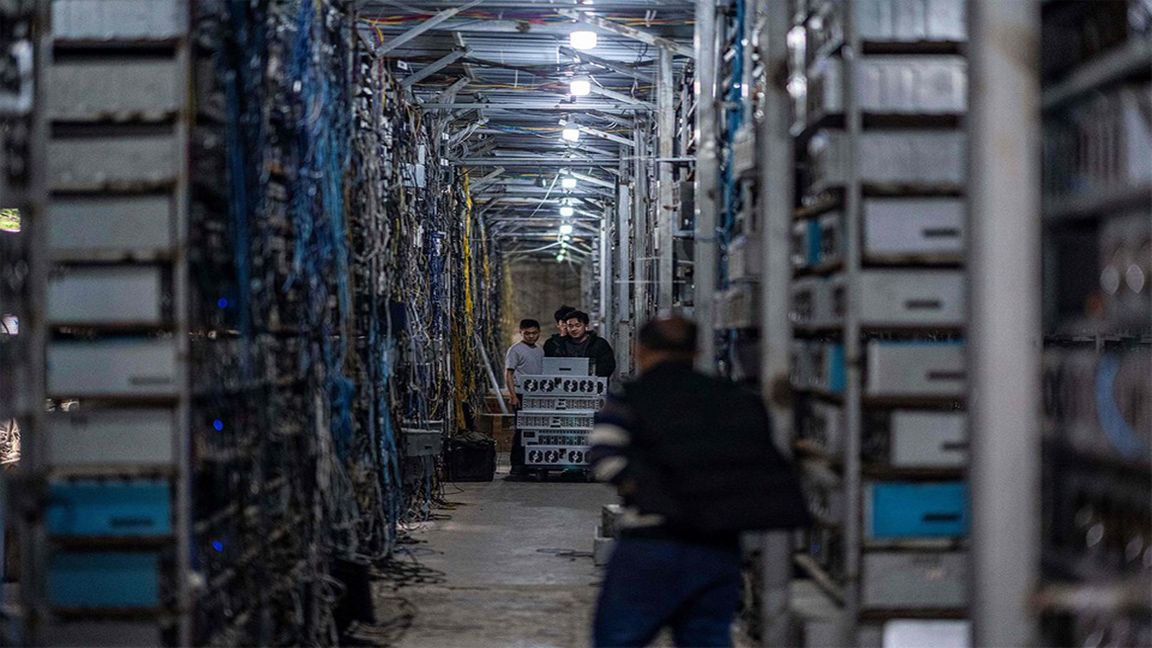Kazakhstan is under a national crisis as they are experiencing power shortages due to the growing crypto mining industry in the country.
Officials said that a spike in consumption has strained the country’s grid. Deputy Energy Minister Murat Zhurebekov said the increase in demand was caused by both an 8 percent increase in domestic electricity consumption in 2021 and unregistered cryptocurrency miners, most of whom migrated in the past few months from China, where regulations caused a halt in cryptomining.
Cryptocurrency mining is a term that refers to the process of gathering cryptocurrency as a reward for work that you complete. The term crypto mining means gaining cryptocurrencies by solving cryptographic equations through the use of computers. This process involves validating data blocks and adding transaction records to a public record (ledger) known as a blockchain.
The demand for electricity surged by 8% in 2021 alone, as compared to the usual 1% or 2% annual increases. The sudden power draw has even led to blackouts across six of the nation’s regions since October.
In response, the national grid operator KEGOC is rationing electricity provided to mines, and the Ministry of Energy has proposed a law that would introduce limits for any newly licensed cryptocurrency mines to 1 megawatt (MW) per mine and 100MW for the entire country.
But that does not address illegal miners operating out of private apartments, workshops and factories. Their number is constantly increasing, Zhurebekov said, despite government efforts to root them out and charge them higher electricity rates.
President Kassym-Jomart Tokayev instructed Energy Minister Magzum Mirzagaliyev on October 29 to identify illegal mining operations as soon as possible and regulate the sector.
"Kazakhstan is not going to just watch illegal miners consume electricity and contribute to the shortage," Zhurebekov said.
To cover the increased demand, Kazakhstan has tapped power lines that it shares with Russia. The united network, a product of the time when the two countries were both part of the Soviet Union, is designed to balance the energy demands of the two countries. But the network does not provide the volume that Kazakhstan suddenly needs.

